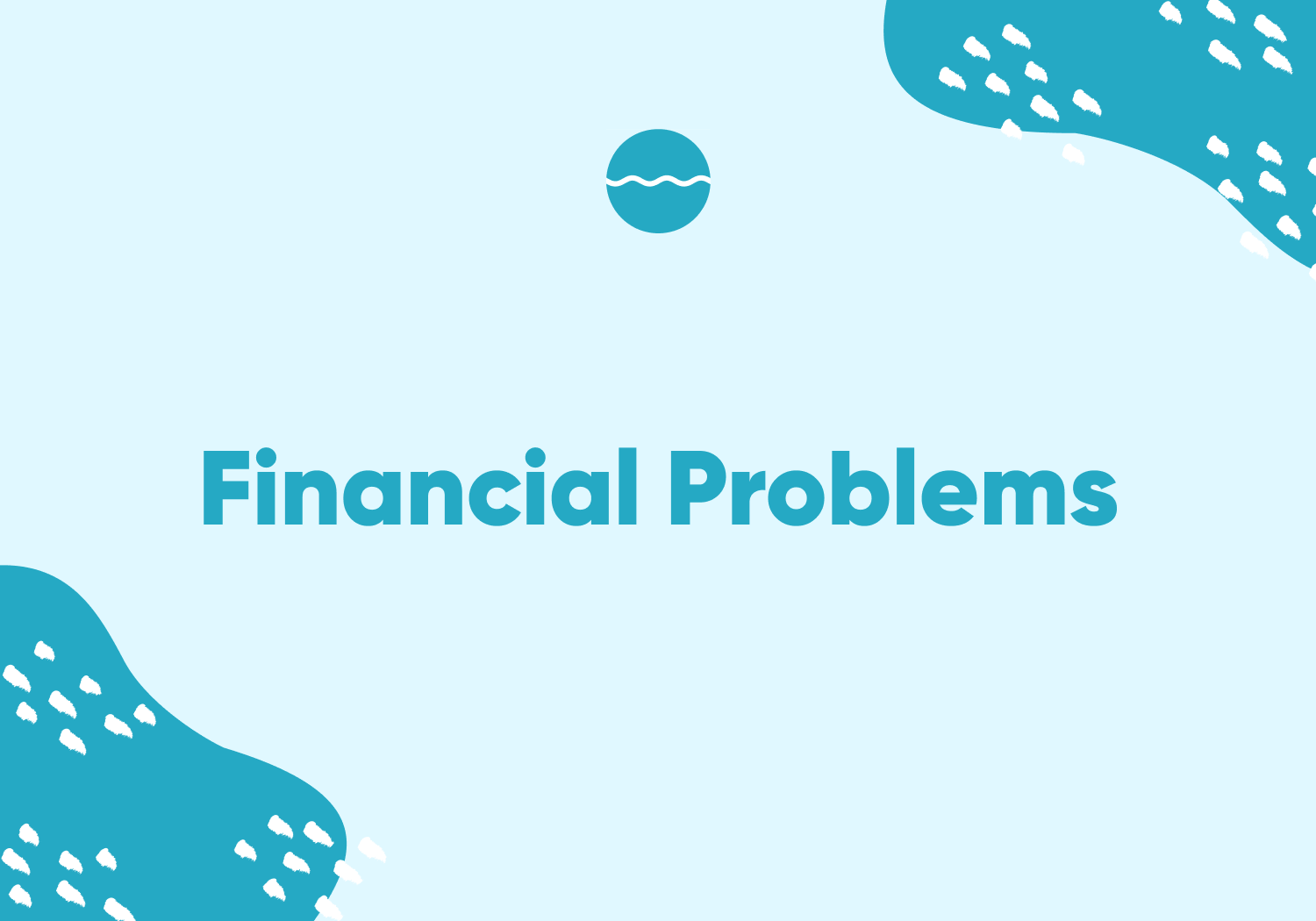Financial Problems

Money worries aren’t just about numbers — they can weigh heavily on your mind and emotions. Debt, loans, or constant financial pressure often trigger stress, anxiety, or even shame. At the same time, how we think and feel directly affects the way we manage our finances. Therapy can help break this cycle and give you the tools to build both financial stability and emotional balance.
How psychology affects finances
Emotions and money — Stress, fear, or excitement often lead to impulsive spending or avoidance of financial decisions.
Beliefs about money — If you see money as scarce or dangerous, it can hold you back from making confident choices.
Control and willpower — Low self-control may lead to overspending, while rigid control can create more stress.
Motivation and goals — Setting realistic financial goals with therapeutic support can restore a sense of direction.
Becoming aware of your financial habits and emotional triggers is the first step toward healthier behaviour.
When you’re struggling with debt
Financial stress doesn’t define your worth. Here are ways to cope:
Create small, realistic steps for budgeting.
Use stress-relief techniques like breathing or journaling.
Avoid self-blame — debt often comes from external pressures.
Build a support system through friends, family, or therapy.
How Pleso Therapy help
Therapists can support you in:
Managing stress linked to financial pressure.
Understanding emotional triggers like impulse shopping.
Replacing harmful patterns (e.g. gambling or over-borrowing).
Building confidence to set and reach financial goals.
With professional guidance, you can shift from financial anxiety to financial clarity and feel lighter in both mind and daily life.
